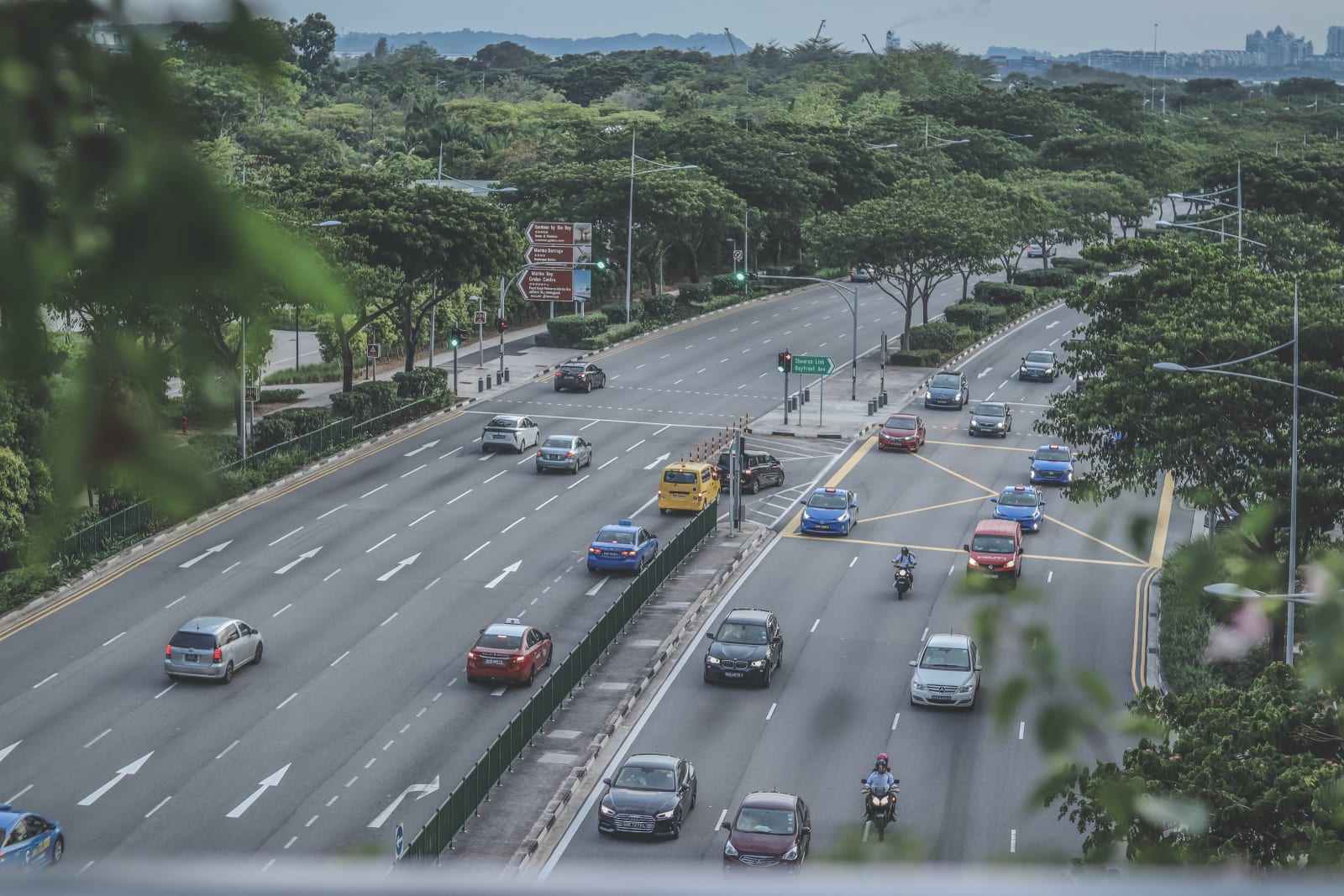Key Financial Trends of December 2023
Real median incomes fell by 2.3% in 2023
The Ministry of Manpower (MOM) revealed that real median wages in Singapore fell by 2.3% in 2023. Those earning smaller salaries were more overtly affected; for the bottom 20% of income earners, real income fell by 3%.
The culprit? High inflation, which scrubbed away the positive effects of any nominal wage increases that took place this year. According to the Monetary Authority of Singapore (MAS), core inflation for the year is projected to be at 4%, which is well over the target of 2% per annum.
However, core inflation is expected to come down to between 2.5% to 3.5% in 2024. Excluding the impact of the 1% GST increase, core inflation is forecast to be between 1.5% to 2.5% next year.
On the back of the lower inflation forecast, MOM expects real median wages to turn positive once again in 2024, as nominal pay continues to increase. It further added that real income growth has remained positive over the past 10 years. Lower-income earners have also experienced faster wage increases than the median work during the same period.
This was echoed by global professional services firm Aon, which expects median wages in Singapore to rise by 4% to 4.5% next year, with the technology sector seeing the largest increases.

What this may mean for you
If your gross salary is somewhere near to the median – S$5,200 – any salary increments you received recently may not go as far as you may think. You should thus continue to be cautious and prioritise important goals such as debt clearing and building an emergency fund.
While prospects are expected to brighten next year, you might take some lessons from this year. Instead of relying on salary increments to keep pace with increases in the cost of living, you may wish to consider taking a more active approach, such as upskilling, making a career switch, or starting a side business.
Related: Five Salary Negotiation Tips for Your New Job

Higher property taxes coming in 2024, but offset by one-off rebate
Homeowners should brace for higher property taxes next year, but a one-off tax rebate will provide some relief from the sting.
In 2024, property taxes are expected to rise by between S$1.50 to S$6.30 per month from this year’s rates, bringing the average property tax to S$4.10 per month for 3-room flats; S$12.80 per month for 4-room flats; S$17.90 per month for 5-room flats; and S$22.30 per month for executive HDBs.
These figures are post the one-off rebate announced by the IRAS, which is structured to offer the largest relief to the lower-income groups.
The one-off property tax rebate will be 100% for 1- and 2-room flats; 70% for 3-room flats; 50% for 4-room flats; 40% for 5-room flats; 30% for executive HDBs. Meanwhile, private property owners will also receive a 15% property tax rebate, capped at S$1,000.
According to the Ministry of Finance, the property tax increase next year was due to higher market rents and annual values for most residential properties, as well as an increase in tax rates for higher-value private residential properties being implemented this year and next year.
What this may mean for you
Higher property taxes should be taken as the norm moving forward, given how Singapore’s real estate market seemingly refuses to be tamed. While you’ll enjoy rebates in 2024, the next round would expose you to the full amount.
Still, this only adds up to a few hundred dollars on average for HDB flat dwellers, so those living in public housing may not be too much affected. However, private property owners might want to pay attention to the new rates, and make suitable preparations, especially for 2025 and beyond.
Before you purchase your next property, check out the best home and mortgage loans that can help offset the impending property taxes.
Find the Cheapest Home Loans in Singapore

Global banks see no recession, but US companies remain cautious
Let’s end things off with a spot of good news.
Remember how just earlier this year, everyone was calling for a recession in the US by 2024 at the latest? This was worrisome, because a US recession would have devastating consequences for the rest of the world, effectively bringing about a global macroeconomic chill at a time when we’re ill-equipped to deal with it.
Well it’s the end of 2023, and if you’ve been refusing to give in to doomsayers, good on you for not worrying for nothing! Several analysts have come out to say that the much-dreaded recession isn’t coming anymore, with global banks including the likes of Morgan Stanley, Goldman Sachs and Barclays rating the odds of a US recession as low.
But that doesn't mean that it’s clear skies ahead for the global macroeconomic environment. Elevated interest rates, higher oil prices and weakened China recovery will continue to put constraints on global growth next year.
Meanwhile US businesses are taking a less cheery stance, pointing to weakened consumption that may prove to be a stumbling block next year. Top companies are lowering inventory levels in response to sluggish demand.
What this may mean for you
Having lowered or no risk of recession is always a good thing, and in today’s uncertain economic climate, it’s a cause for celebration.
Even though things aren’t exactly peachy right now, we can at least approach next year with less worry and more certainty. So if you’ve been using “see next year how” as an excuse not to make progress on your financial goals (you know who you are), there’s your answer!
Time to crank up your plans and get on with making 2024 a better year than this one.
Related: How Much Money Do You Need To Start Investing?

COE premiums close the year on a low
Finally, a sigh of relief for vehicle owners in Singapore – during the last COE bidding of the year, premiums fell across the board.
The largest reductions were seen in Cat B and Open Category – falling by S$20,099 and S$15,000 respectively. Despite the significant drops, COE premiums for both categories cars still remained in the six-figure range. Cat B premiums now cost S$110,001, with Open Category COEs slightly higher at S$118,388.
Cat A COEs also made a reversal, falling by S$3,020, wiping out gains made in the prior bidding exercise. Premiums for smaller cars closed out the year at S$85,000 – significantly lower than the record S$106,000, seen in October.
Cat C COEs, for commercial vehicles and buses, fell slightly by S$1,578 to S$69,423. Meanwhile, motorcycle COE (Cat D) premiums dipped slightly by S$856 to end the year at S$9,002.
What this may mean for you
In response to record-high COE premiums set in September and October, the LTA announced it would increase COE quotas for the quarter. The reductions seen in the latest COE bidding exercise indicates this may be working.
Provided the extra COE supply has not been fully absorbed, drivers may see COE premiums hold steady or even continue to come down in the coming weeks. If current COE prices are acceptable to you, you may want to participate in the next bidding using the latest figures as your guide.
With COE prices on a downtrend, you may be preparing to buy a car. Take advantage of great deals with our selection of the best car loans in Singapore.


